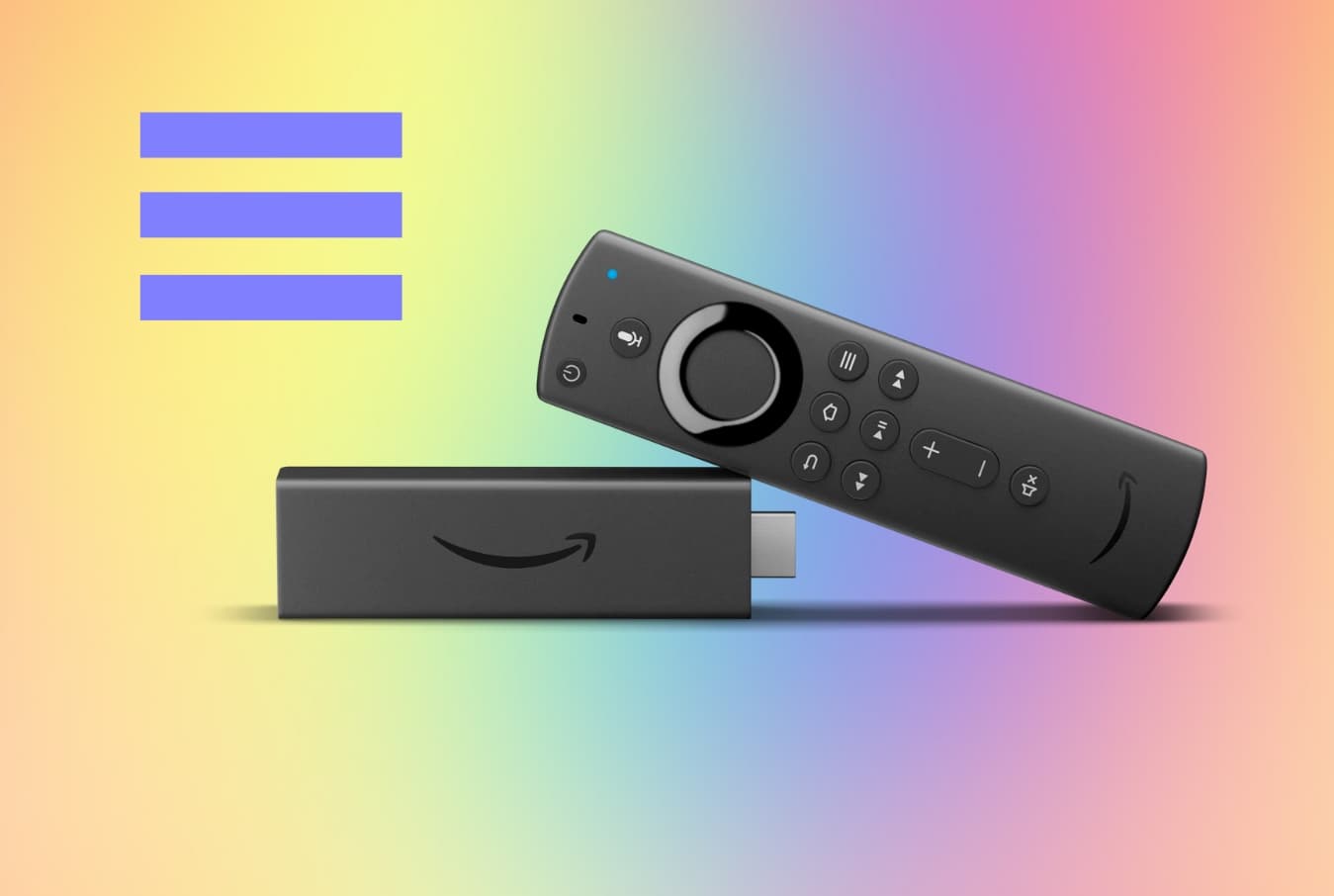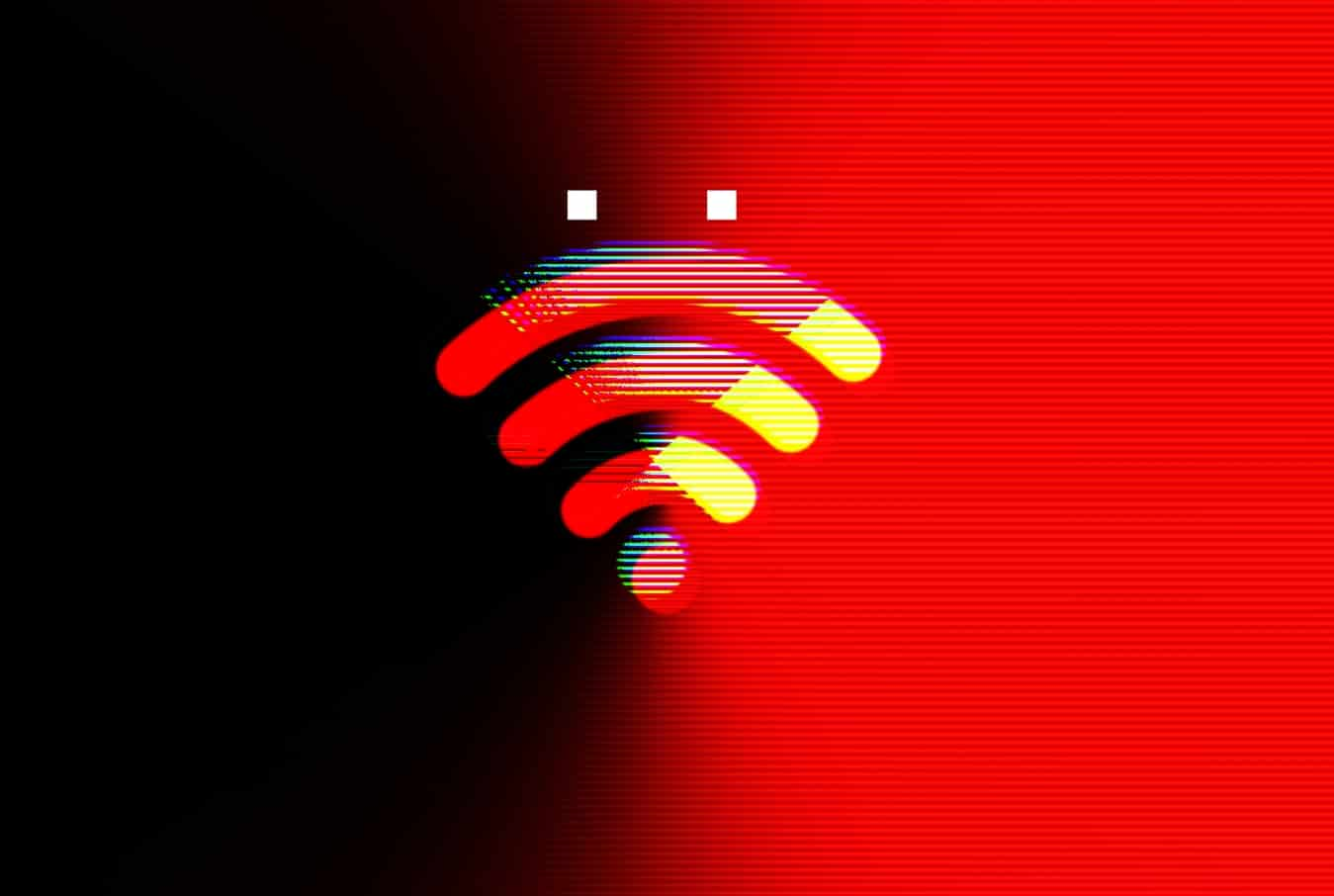While “Wi-Fi” has sorted us out with fast wireless internet connectivity, people have misconstrued the technology for having harmful health effects on users. However, a new study claims that it is a myth and suggests that Wi-Fi, in reality, is not bad for our health.
According to a study by Kenneth R. Foster, professor emeritus of bioengineering at the University of Pennsylvania, the radio frequency (RF) signals produced by Wi-Fi is much less than the established safety guidelines for radio frequencies.
However, people and some reports think that Wi-Fi is harmful even if its RF is way below the standard.
It is suggested that radio frequency signals can reach up to exposure levels which can prove harmful for users, which is most likely to happen near high-powered RF transmitters or failed medical processes. However, Wi-Fi’s RF exposure falls way below that.
Any wireless device sold in the US has to go through a mandatory check by the Federal Communications Commission (FCC) to ensure that the equipment complies with safety standards.
People often take Wi-Fi to be a physical agent which is just a name for a wireless device (clients) for providing wireless internet network to various other devices.
Furthermore, not only is the hazardous nature of Wi-Fi misunderstood, but people also go wrong about radiation thinking it to be overexposure due to X-rays or more. In reality, radiation refers to anything moving in space, and RF energy is nowhere near harmful.
Additionally, Wi-Fi devices transmit in two bands of the radio frequency spectrum, nearly 2.45Ghz, and 5Ghz.
The report suggests that the Wi-Fi’s frequency is pretty low (lower than a cell phone) and even if it is operated in full swing in a room full of users using Wi-Fi, the total RF of Wi-Fi will still be equivalent to that of a single cell phone.










